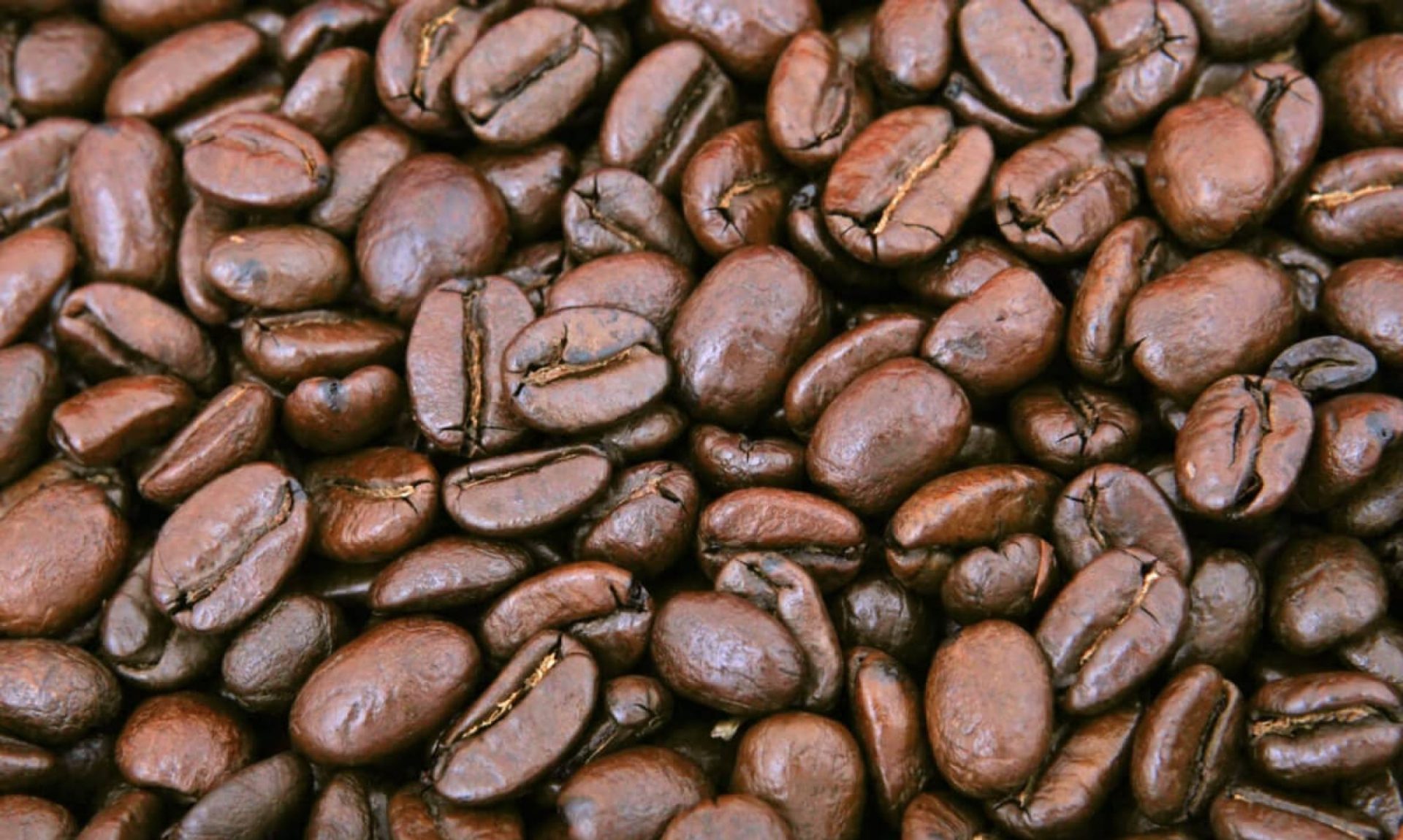In the world of coffee, there are numerous brewing methods, each with its own unique characteristics and flavors. One such method that stands out for its simplicity and ability to extract bold flavors is the French press. Also known as a press pot or plunger pot, the French press has been a staple in coffee lovers’ kitchens for decades. In this blog post, we will explore the art of French press coffee and delve into why it has become a beloved brewing technique for many coffee lovers.
The origins and design
The French press coffee brewing method has roots that date back to the late 19th century. Its design consists of a cylindrical glass or stainless steel carafe with a plunger and a mesh filter attached to it. The simplicity of the design is one of the reasons why the French press has remained popular over the years.
The brewing process
Brewing coffee with a French press is simple and requires minimal equipment. Here’s a step-by-step guide to brewing a perfect cup of coffee:
- Grind your beans: Start by grinding your coffee beans to a coarse consistency, similar to sea salt. This coarse grind ensures that the coffee grounds don’t seep through the mesh filter.
- Heat the water: Boil water to a temperature of around 200°F (93°C). This temperature is just below the boiling point and helps extract the flavors optimally.
- Preheat the French press: Pour hot water into the French press to preheat it. Let it sit for about one minute, then discard the water.
- Add coffee grounds: Add the desired amount of coffee grounds to the French press. A general rule of thumb is to use one tablespoon of coffee for every 4 ounces of water, but you can adjust it to suit your taste preferences.
- Pour the water: Slowly pour the hot water over the coffee grounds, making sure that they are evenly saturated. Gently stir to make sure all the coffee is in contact with the water.
- Steep and plunge: Place the plunger on top of the French press but do not press it down yet. Let the coffee to steep for about four minutes. This steep time can be adjusted depending on your desired strength.
- Drop and pour: After the steep time, slowly push down on the plunger down to separate the coffee grounds from the liquid. The mesh filter ensures that no grounds end up in your cup. Pour the freshly brewed coffee into your favorite mug and enjoy.
The characteristics of French press coffee
Coffee prepared with this method is different from other brewing methods because of its unique characteristics:
- Rich and full-bodied: The French press allows for full extraction of coffee oils and solids, resulting in a rich and full-bodied cup of coffee. The mesh filter allows some sediment to pass through, contributing to its unique texture and flavor.
- Flavorful and aromatic: The immersion brewing process of the French press allows the coffee to come into direct contact with water for an extended period, resulting in a robust flavor profile. The aromatic oils present in the coffee are fully extracted, resulting in a tantalizing aroma.
- Customizable strength: With a French press, you have complete control over the brew time and coffee to water ratio, giving you the flexibility to adjust the strength of your cup. By experimenting with different variables you can find the perfect balance that suits your taste.
The bottom line
The French press coffee brewing method offers a simple and accessible way to unlock the full potential of your coffee beans. Its rich, full-bodied flavor and aromatic qualities make it a popular choice among coffee enthusiasts. By following a few simple steps, you can elevate your coffee experience and enjoy a delicious cup of French press coffee in the comfort of your own home. So, grab your French press, some quality beans, and start your coffee adventure today!
